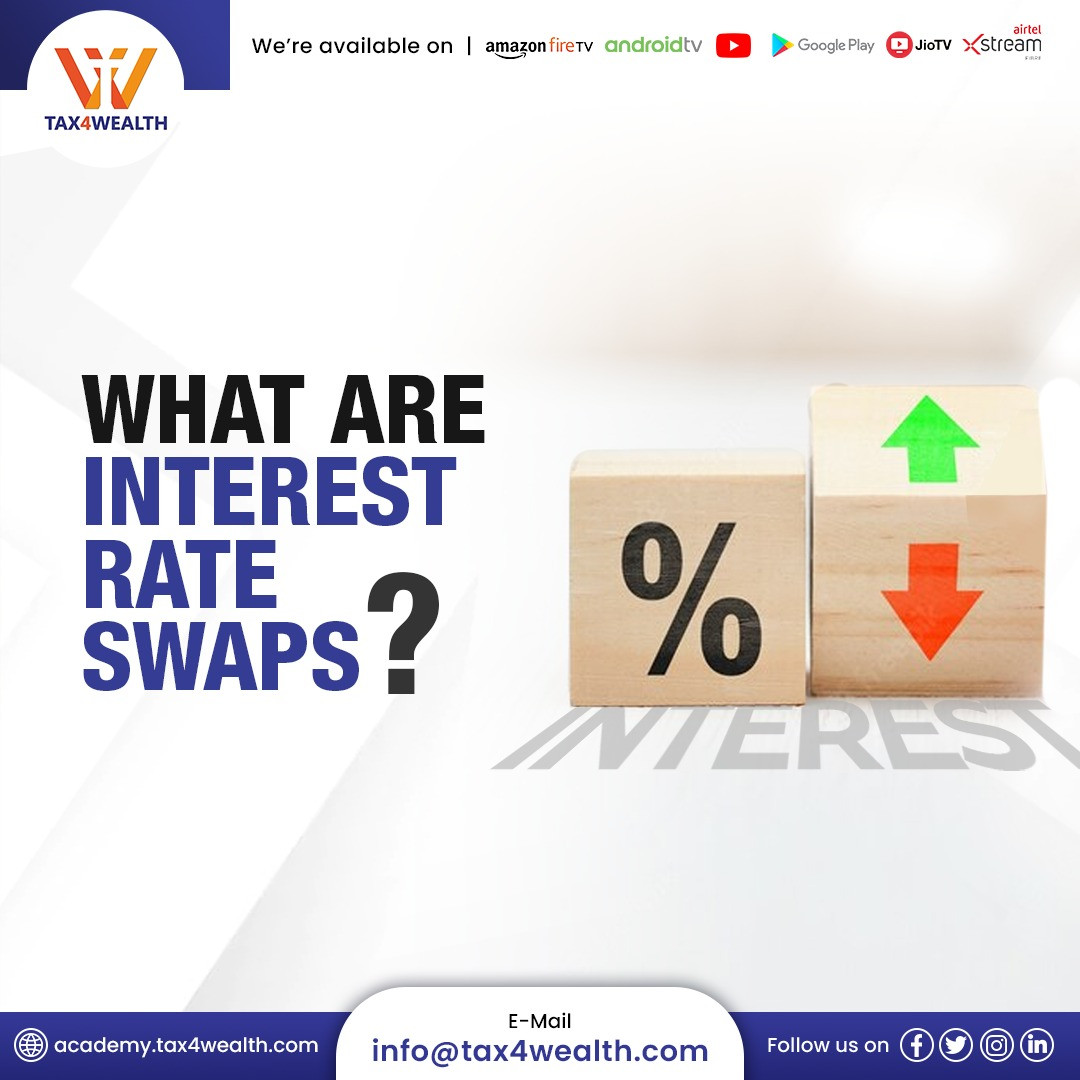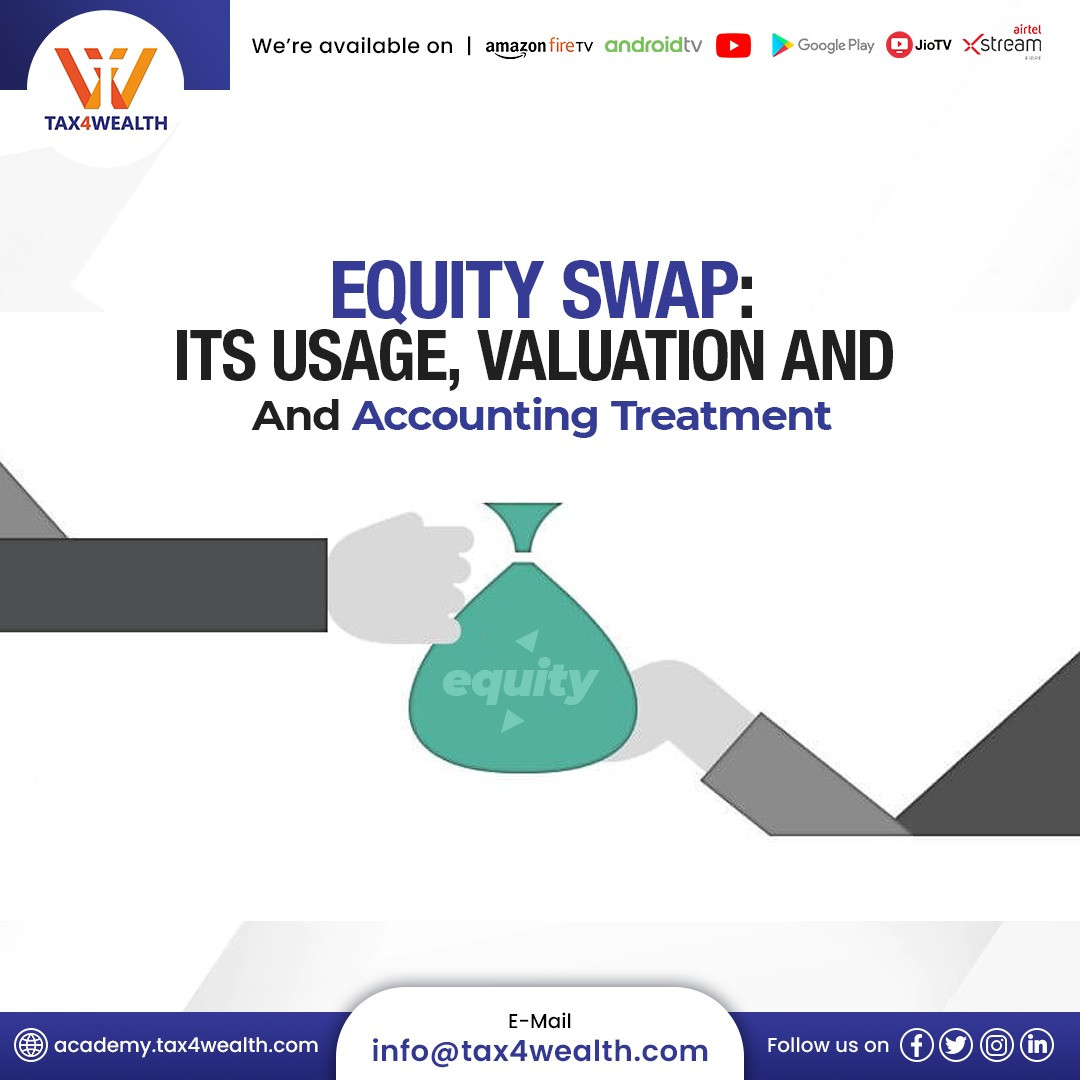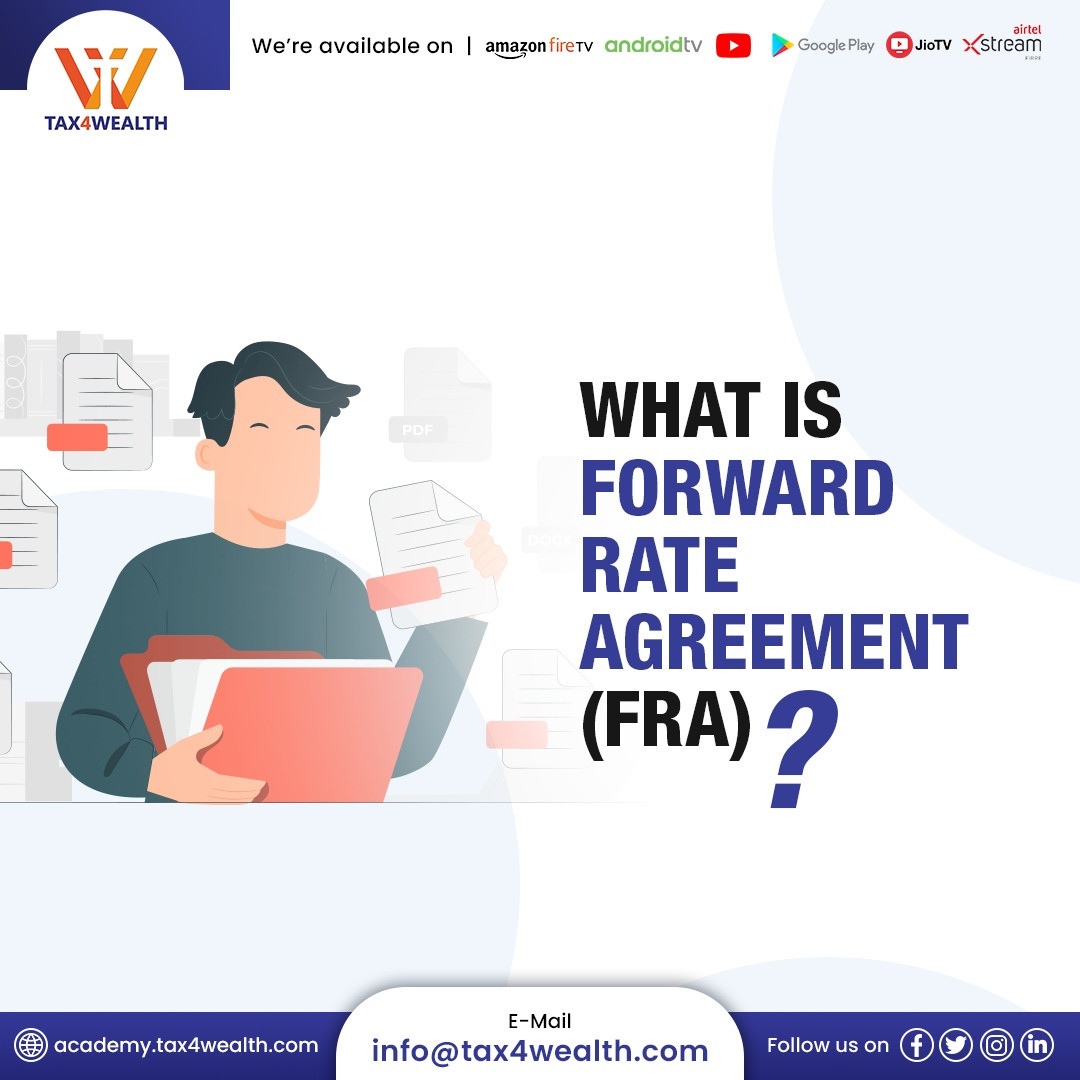
What is Interest Rate Swaps?
An interest rate swap is a type of customized contract which enables two counterparties to agree to make an exchange, based on a specified principal amount, of one stream of future interest payments for another. Interest Rate Swap is most likely inclusive of the exchange of a fixed rate of interest for a floating rate of interest, or vice-versa, for the reduction or increment of exposure to the variation of rate of interest or to acquire a scarcely lower rate of interest than would’ve been possible without the swap.
An Interest Rate Swap is similar to the other types of swaps, they are not marketed on public exchanges, but rather only over-the-counter (OTC). Furthermore, it is also inclusive of the exchange of one type of Floating-rate for another; hence, this process is called Basis Swap.
How does an Interest Rate Swap Works?
In essence, Interest Rate Swaps occur in cases where two counterparties, where one of the parties obtains a payment based on a fixed rate of interest while the other party obtains the payment at Floating-Rate, reciprocally agree to the arrangement of the party’s loan being preferred over their own.
The party, that is being paid based on a floating rate of interest, concludes that they would primarily wish to have a guaranteed fixed rate, on the contrary, the party that is collecting the payment at a fixed rate, wishes that the interest rates may rise in order to take advantage of the situation in case it occurs- to earn a profit in the form of receiving higher interest payments. The latter party would prefer to have a floating rate.
The scenario under the Interest Rate Swap is that only the interest payments are getting swapped actually. An Interest Rate Swap, as previously acclaimed, is a customized Contract. The Counterparties are not obligated to be indebted on behalf of another party. However, they merely agree to a contract which cites them to pay each other the difference in loan payments as specified thereof.
What are the Risks of Interest Rate Swaps?
Interest Rate Swaps are highly beneficial for the parties involved in numerous ways as they are a derivative type of contract. However, these types of contracts still pose some risks.
One consistent risk is that the counterparties involved under the contract are big companies or financial institutions in most cases, so counterparty risk is relatively low, however, it is still a risk. In case one of the parties fails to fulfil their obligations under the Interest Rate Swap Agreement and commits a default, then the situation becomes difficult for the other party to collect their part of the payment.
Even if it is a binding arrangement or contract, the legal proceedings might be a long and twisted road. In addition, conducting the dealings with the uncertain nature of Floating interest rates affix some inherent risk for both parties under the agreement.
Related News
No comments yet, Be the first to comment.













